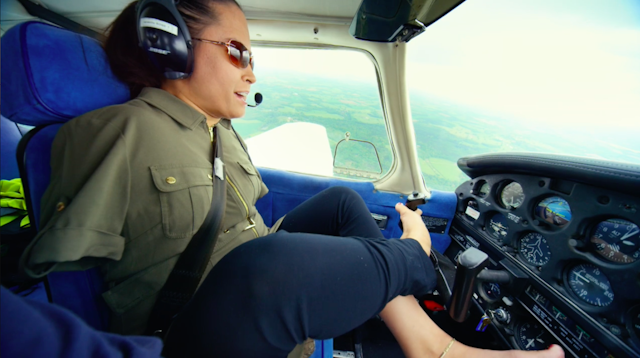Channel 4 on how Facebook is setting up 'We're the Superhumans' to be one of its most successful campaigns ever
It's been one week since Channel 4 launched ‘We’re the Superhumans’ to promote its coverage of the Rio 2016 Paralympic Games and the atmosphere in its headquarters is euphoric. The campaign, a follow-on from its 2012 offering, has smashed previous viewing records and is set to be Channel 4’s most successful ever.
Superhumans 2.0’s success over its predecessor is driven largely by the growth of video digitally since 2012, with the broadcaster choosing to premiere the advert on social media instead of TV. This change in strategy has helped the ad surpass viewing expectations primarily thanks to Facebook, which has amassed 24 million video views so far.
The spot has driven the most amount of organic video views and overall reach from a single post on the Channel 4's Facebook page this year. On YouTube, it’s had more than 1.8m views over the past six days. This has helped it nudge above BBC's 'The Greatest Show on Earth' Rio 2016 campaign, launched just days before, in terms of social engagement.
The original ‘Meet the Superhumans' campaign was mass-launched simultaneously across 78 TV channels on primetime TV to reach at least 50 per cent of the UK audience. By comparison, premiering ‘We’re the Superhumans’ on social media has opened up the ad to a combined global audience upwards of 2.65 billion users on Facebook and YouTube, as well as Twitter’s 140 million daily users.
Despite the ad smashing viewing records online, Channel 4 is pragmatic and does not expect viewing figures for the Paralympics to meet London 2012 figures, which saw the live broadcast of the opening ceremony watched by 11.8 million. This is due to the time difference between the events taking place and the broadcasting time in the UK (Brazil is four hours behind), meaning some of the events will broadcast late at night on Channel 4.
In an attempt to keep interest high, Channel 4 is working closely with the organisers of the Games and the International Paralympic Committee to ensure that big events with GB hopefuls will be scheduled for primetime in the UK.
While success of the campaign is judged first and foremost by how many people will watch Channel 4’s coverage of the tournament, it is equally important to the broadcaster to change public attitudes to disabled people and the subject of disability generally.
As a public service broadcaster, Channel 4 has given itself a remit to champion diversity and alternative points of view, so the social impact of its work is “just as important as the practicalities of getting people to watch the Paralympic Games,” according to Dan Brooke, the channel's chief marketing and communications officer.
'Meet the Superhumans' helped the London 2012 Paralympics become the first of its kind to sell out. It hopes to replicate this with its second attempt. As it aims to “take another step forward” in changing the conversation around disability, the new ad works to widen the definition of what 'superhuman' is by featuring Paralympic athletes alongside everyday people with disabilities going about their daily lives, or doing something amazing like flying a plane with their feet.

In the TV industry disability is the area of diversity that has “the furthest to go” according to Brooke, who champions the notion of having diversity quotas in place. He told The Drum: “I know people have different views about quotas. My view is incredibly simple: people here in Channel 4 should always and do always hire on the basis on ability.
“However, it is not until you are forced to think about getting candidates with different aspects of diversity into a selection process and start interviewing them yourself that you get to know people in a different way. The upshot of having a more diverse workforce is unequivocally that you get better creative results, absolutely 100 per cent.”
As it stands, three per cent of Channel 4’s workforce is disabled, which Brooke said “is high in the grand scheme of employment”. It is working to bring that figure up to six per cent by 2020.
The big question is: would a privatisation of Channel 4, which would force the company to think and act more in a profit-maximising way, hold the broadcaster back from continuing its championship of diversity?
“All I can tell you is that there is no for-profit company in the UK that has ever bid for the Paralympic Games," said Brooke. "I have worked more than half my life for large American multinational companies, profit-maximising ones...do I think based on that experience that a profit-maximising organisation would do the Paralympic games to the extent of and the way that we have done it? Absolutely not.”

